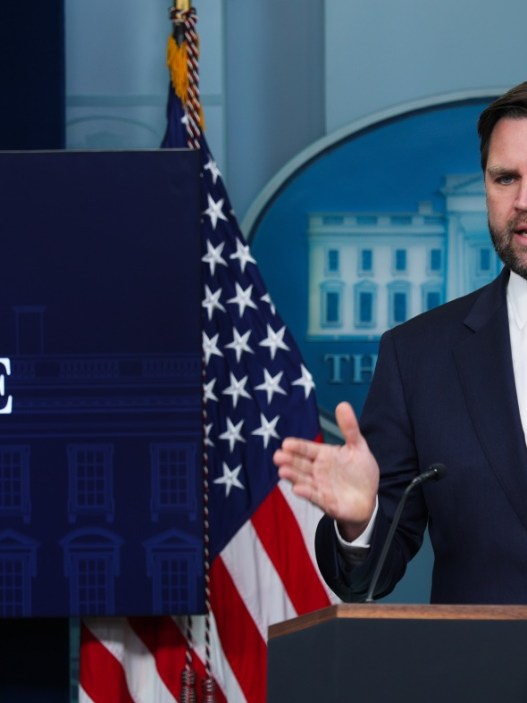Donald Trump’s new H-1B visa plan was challenged by the Federal Court of San Francisco on Friday. The lawsuit was filed by the union of unions, employers, and religious groups, and I would like to block Trump’s order to impose a one-time visa fee for $ 100,000 for the H-1B application.

This is the first lawsuit to challenge Trump’s declaration of hiking visa fees, even if the US president moves to restrict immigration to the state.
Through the H-1B Visa Program, US employers can hire foreign workers in specialized areas, and technology companies rely heavily on these visas.
Also read | ‘No new H-1B …’
The employers who sponsor the H-1B generally paid a fee between $ 2,000 to $ 5,000, but Trump’s order bar is to prevent a new visa from entering the company unless the employer pays $ 100,000.
What does a lawsuit say about Trump’s command?
The plaintiff insisted that Trump’s movement was illegal and he changed the H-1B program. Bloomberg said that the employer should get a “payment” or “national interest” exemption, Bloomberg reported.
In the lawsuit, the group said the US president has no authority to unilaterally impose commissions, taxes, or other mechanisms to generate US profits. They also added, “We can’t instruct how the funds are spent.”
The lawsuit said that while Trump issued the declaration, he “ignored” and “insisted on the power he did not have.” According to Bloomberg, “The Constitution is one of the most fundamental buildings to assign the power of the wallet to Congress.
Trump added, “We have replaced the designated systems in a complex parliament that evaluates the petition and gives a H-1B visa.”
The manuscript of this case is the Democratic Forward Foundation on behalf of the United Auto Workers Union, the American University Professor Association, the Ministry of Justice’s Action Center, and the World Nurses and various religious groups.
The organizations argued that the US federal agencies, including the US Citizenship and Immigration Bureau, have adopted a new policy to fulfill Trump’s orders. They said they did not follow the process of enacting the rules they needed, or that “huge fees would interfere with innovation.”



































